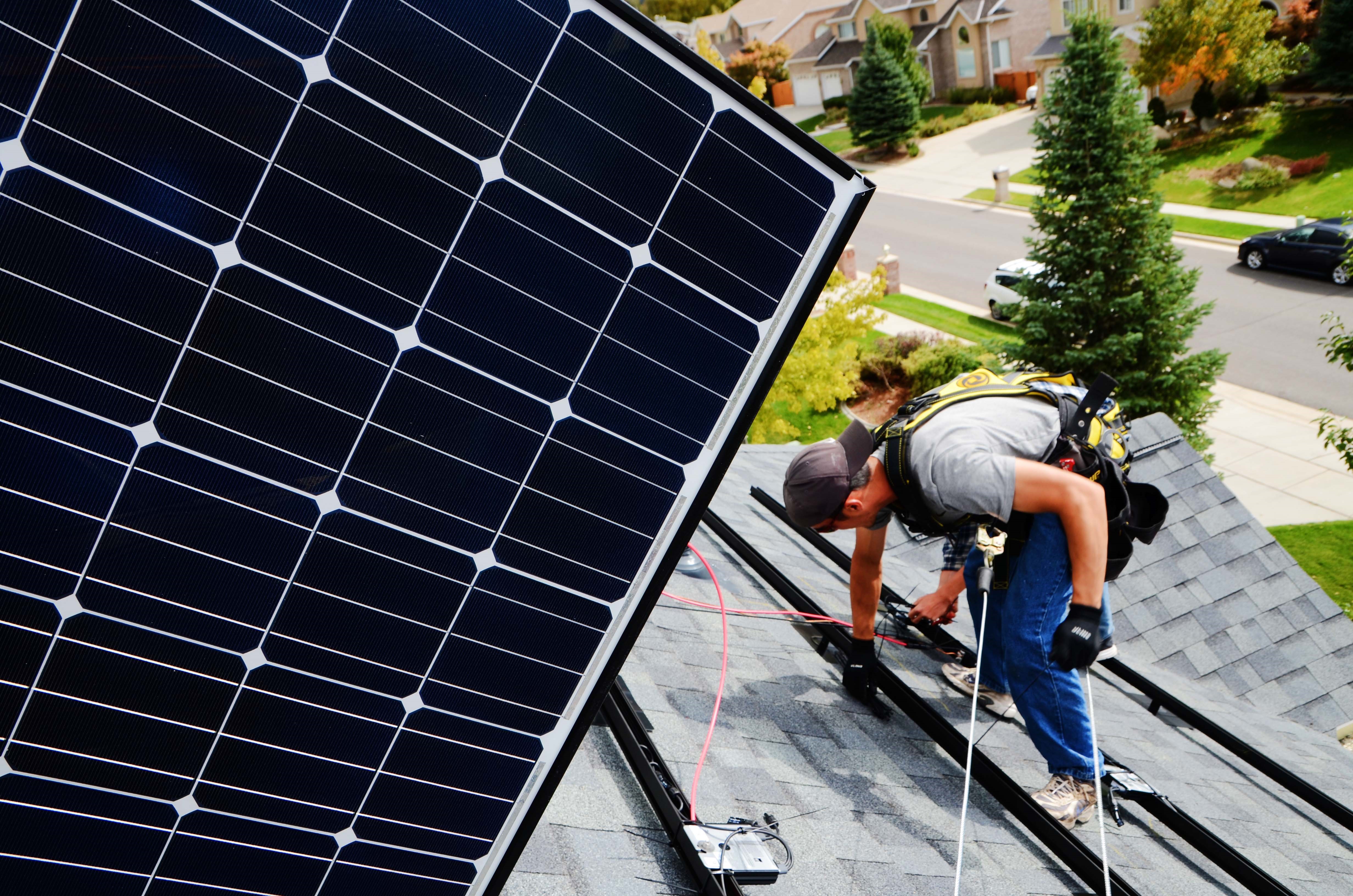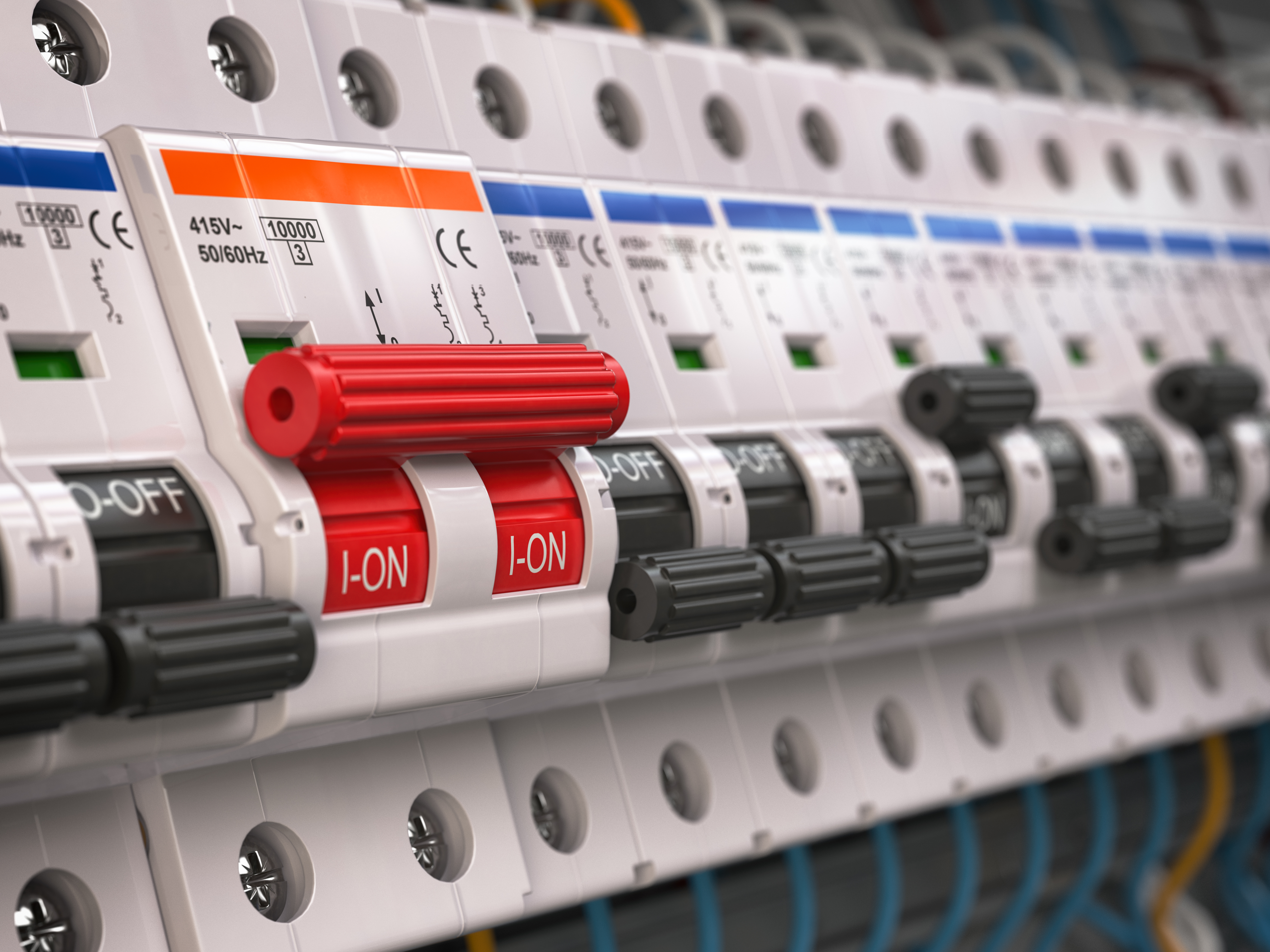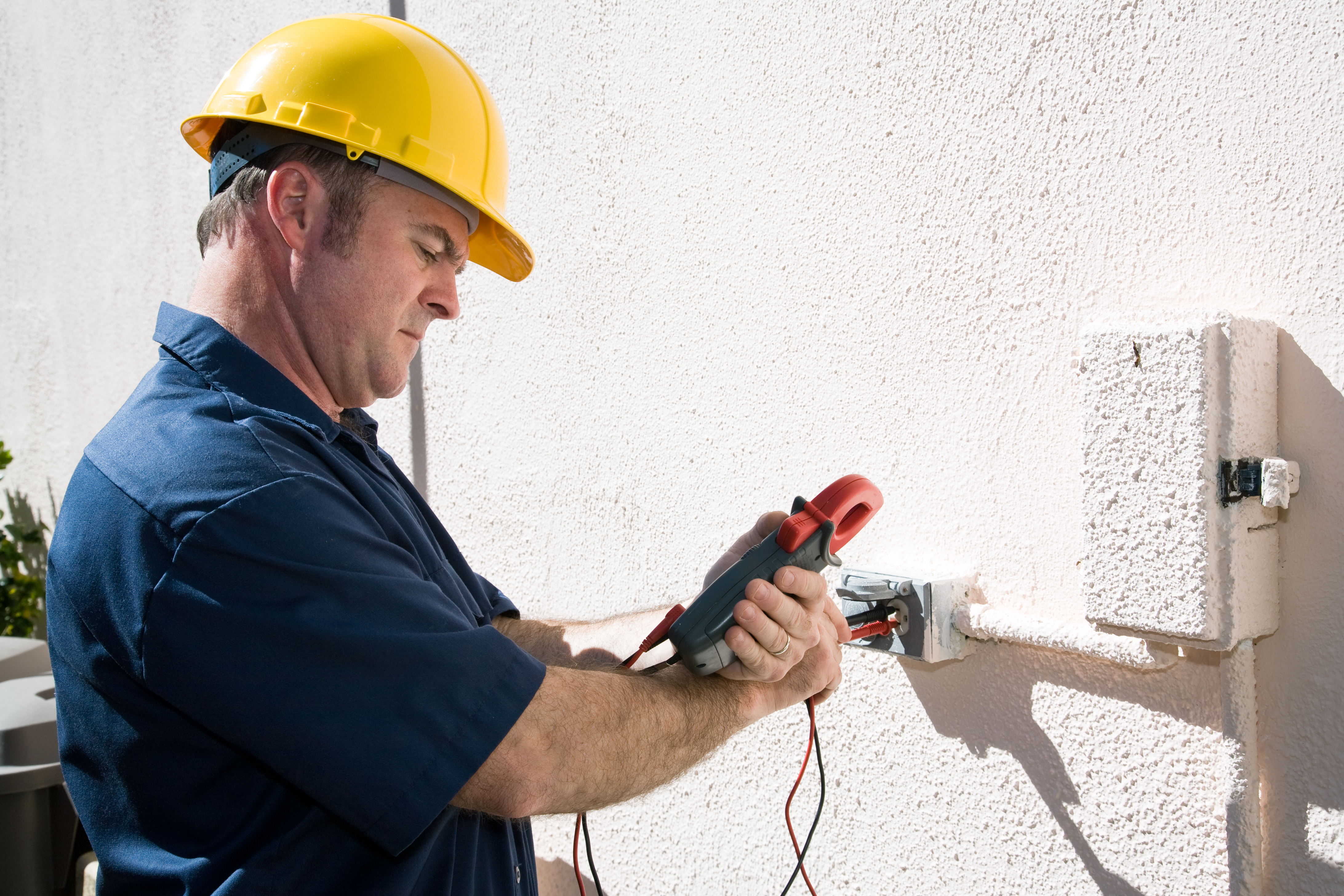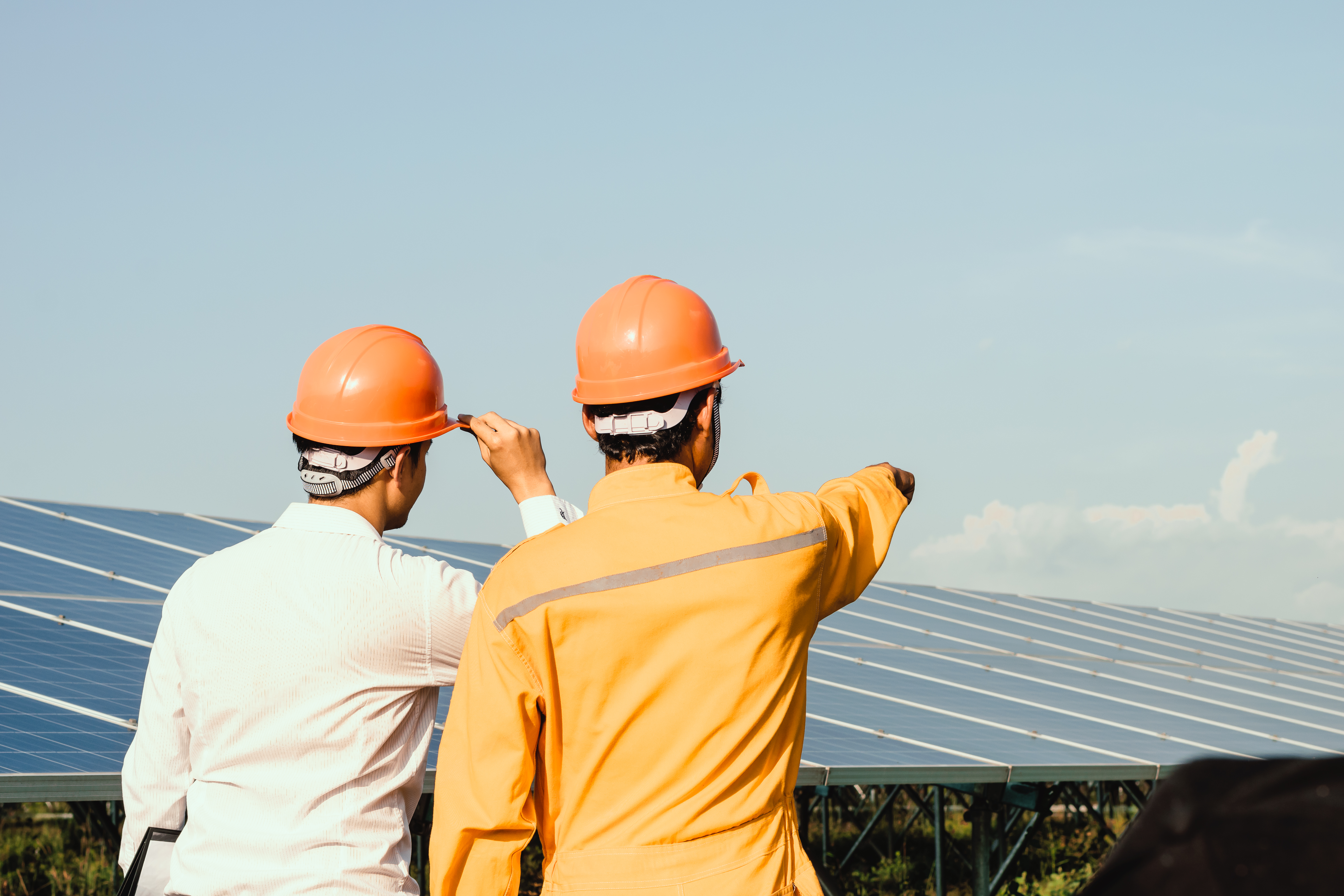You may not be doing any self-maintenance on your solar panel system, but it can’t hurt to know basic solar safety procedures. This article from Electrical Apparatus provides a solid overview of routine system maintenance and safety dos and donts.
Even if your solar power system is fully functional, it's important to get it checked out regularly to ensure safe and optimal solar energy usage. Information and guidelines from the U.S. Dept, of Energy contend that solar photovoltaic (PV) systems require routine, periodic, and even preventative maintenance-much like the rotating equipment EA readers are so used to dealing with. That applies even to solar energy panels that are not experiencing any troubles yet. Companies like the military veteran-owned Semper Solaris of El Cajon, Calif., also offer ways to help make sure your solar power stays safe and productive for a long time.
Breaker and inverter safety
A common misconception persists in our technology-enlightened age: that because the solar power channeled in a solar array is drawn exclusively from a battery, the electricity is somehow safer. However, if you have an inverter producing nominal (or more) voltage, this should be treated with the same care as direct-current nominal electricity. Any installation should have normal electrical protection equipment in the high-voltage circuit. Likewise, any portable systems should be treated with care.
As for the solar panels and modules, these are generally, but not always, at a lower voltage and therefore safer. Sadly, deaths have been caused in solar installations at 60 volts. Also, the direct current produced by solar modules is more dangerous to humans, volt-for-volt, than an alternating current due to the ways it affects the muscles of the body.
While many modules in current use may not produce more than 30 volts, they may be used in systems where they are connected in series to produce much higher, and therefore dangerous, voltages.
This has been a concern for firefighters, who may have to be on a roof around a solar power installation in an emergency situation. Although there may be a cutoff switch to disconnect the modules from the rest of the system, the modules themselves and their associated wiring could have dangerously high voltages.
The breaker on a solar system serves as overcurrent protection. Circuit breakers are one of the most essential electrical components of a home, both for convenience and safety. Ditto for a solar panel system. Circuit breakers prevent too much electricity from flowing through a panel and short-circuiting it or causing an electrical fire.
In other electrical systems, a fuse is the safety mechanism, and when too much charge flows through the system, the fuse will disintegrate to protect the rest of the system. This is called "blowing a fuse," and every time a fuse is blown, it has to be replaced.
Instead, a circuit breaker opens a circuit when there's too much charge, protecting your system without having to replace fuses. Most solar installers will inspect your interconnection breaker for any damage, wear and tear, or improper model use.
Consultation with professionals is important with any service on your solar energy system. Solar repair can be incredibly dangerous, and with residential solar on the rise, family safety is of equal importance.
It is important that you consult an expert with any routine maintenance or solar repairs for your safety, as well as your family's.
Fire codes
As with all other home fire code initiatives, the fire department and government departments create fire codes for solar panel installation in order to keep homeowners safe. When installed safely and according to code, solar panels do not pose a danger to your home.
However, when not up to code, solar panels could inhibit access to the roof of your home or may not have enough ventilation between the panel and the roof. These codes allow for proper smoke ventilation in the case of a fire that reaches the roof, and also for enough access to your roof to put out any fires.
These fire codes also restrict where wiring systems can be placed, especially those involving direct current, so that your risk of an electrical fire is greatly reduced. Sometimes, unprofessional or negligent installers may not properly install your system according to the safety code, putting your home at risk.
Reputable, responsible installers will provide a full inspection of a system and address anything that doesn't comply.
Don't go nuts
The most common point of failure in all solar systems is the wire splice connections, also known as "wire nuts." Some uninformed solar panel installers use improper wire nuts or techniques when installing solar panel systems to connect multiple wires together.
Some wire nuts are not intended to withstand moisture and should never be used outdoors. When used in an outdoor electrical system like solar panels, they can corrode and damage your system.
Most wire nuts are also not built to withstand high heat, which often occurs in the sunny areas where solar panel systems are installed. They can melt, causing a short between the wires that they connect.
When a system is evaluated, all existing connections should be replaced to err on the side of caution.
Of course, there are a few common-sense rules of thumb that should be noted to close out your basic solar safety learning course. They are no less important than the primary rules. Proper protective wear (gloves, goggles, hard hats, boots) are essential, even if one tires of hearing it. Solar installers will often find themselves in precarious stances when doing their work on rooftops.
Harnesses are available from most solar suppliers. They are not always required, but working as a team should be. Each individual worker should have at least one spotter in the case of a fall. Also, special boots can be anchored in and unlocked when you move.
Copyright Barks Publications 2019
This article was written by Charlie Barks from Electrical Apparatus and was legally licensed through the NewsCred publisher network. Please direct all licensing questions to legal@newscred.com.







